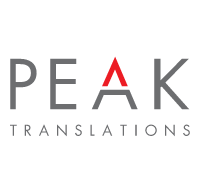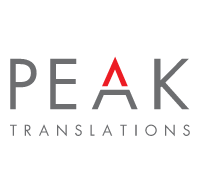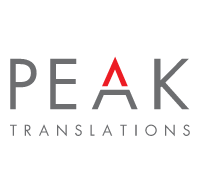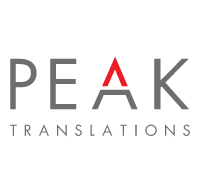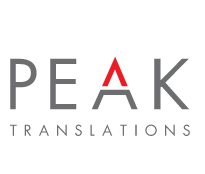How will translation services be impacted if English is barred as an official language of the EU?
2 August 2016A senior EU lawmaker has claimed that once Britain leaves the ‘bloc,’ English could be barred as an official language of the European Union, despite being the working tongue of most EU institutions.
Danuta Hubner, chair of the European Parliament’s constitutional affairs committee, told Reuters that: “English is our official language because it has been notified by the UK. If we don’t have the UK, we don’t have English.”
There are 24 official languages in the European Union, which currently consists of 28 countries. For English to be barred as an official language, all of the 27 remaining member states after Brexit would have to vote in favour of abolishing it.
This vote would be made by a representative from each country on the Council of Ministers, who have the power to make changes to the EU Institutions language regime. For this vote to take effect, like many decisions in European Parliament, it would need to be unanimous.
If this were to happen, each member state would then be able to select their official language – the most cited examples being Ireland reverting to Gaelic and Malta to Maltese.
What if English were barred as an ‘official’ language?
If the EU were to bar English as an ‘official language’ it would, Helen Provart of Peak Translations believes, “be logistically impossible for some European institutions to communicate with each other in an efficient manner.”
This is because there is a very small percentage of professional translators or interpreters that speak some of the more niche combinations of languages, like a combination of Maltese and Gaelic.
“If English were to be barred as an ‘official’ language, it would require translators and interpreters to specialise in a niche combination of languages, such as Gaelic to Maltese. This wouldn’t be plausible.
“The current system uses English as the international language as a mediator. So, for example, if a Gaelic speaker wanted to listen to a Maltese speaker, the speech would be interpreted from Gaelic to English and then English to Maltese.”
In addition to this, on a slightly smaller scale, when the UK leaves the European Union it will have to translate all EU documents and legal texts that are currently written in 24 official languages as part of the partnership. This will require a tendering process from the UK’s central government to find a professional translation service suitable for this task.
What is the best outcome?
Maintaining English as an ‘official’ language of the EU goes far beyond the desire to prevent adding an unworkable amount of red tape to business communications in Europe. English must be maintained as an ‘official’ language of the EU as it is not only essential to the logistics of communication within the EU but also, as the long-standing international language of business, it is a key component to trade in and outside of Europe.
Without it, increases in red tape would not only hit the smaller of the remaining 27 countries hard but cause havoc for European countries attempting to trade outside Europe.
There are three working languages in the EU – German, French and English.
These, according to the publication reporting France’s news in English, The Local, are broken down to 26% that can speak French and 32% German.
When the UK leaves the EU, the only remaining countries with English as their national language will be Malta and Ireland. The number of people that speak English as their first or second language in the European Union currently stands at 51%. Once the UK leave, it will diminish to 45%.
“With these facts and figures in mind, it is very difficult to see what benefit the European Union would gain from barring the English language,” concluded Helen Provart, Managing Director of Peak Translations.
Peak Translations are an ISO accredited, UK-based professional translation service that has been providing language services since 1978, servicing a variety of different clients from industries ranging from engineering and manufacturing to web design and public relations. Its team of expert linguists specialise in five key areas – technical, legal, financial, medical and creative.

